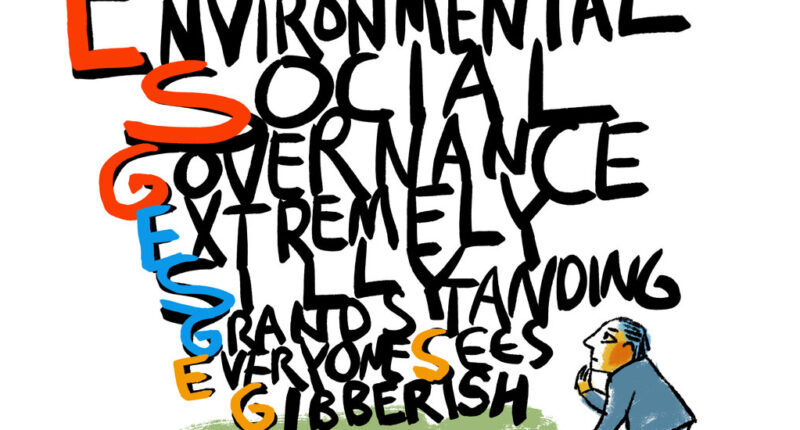
In effect, according to the bankers’ legal filing, the demands were “creating an ongoing state surveillance system.” The bankers further claimed that the attorney general was violating their right to free speech and freedom to associate.
It would be easy to dismiss this mudslinging as a kind of political sideshow. No one close to this — literally nobody — wanted to have a substantive conversation about the investing principles at issue.
The roster of no-commenters included not just the bankers and the state attorney general but also the state treasurer and endowment managers at the University of Kentucky and the University of Louisville, both public institutions.
The Kentucky bill does contain a loophole. The legislators, knowing that they shouldn’t force state employees to violate their duty to act in the best interest of constituents, gave those employees a kind of waiver. And on Feb. 13, Betty Pendergrass of the County Employees Retirement System sent the state treasurer, Allison Ball, a matter-of-fact note letting her know that she’d be exercising that fiduciary duty.
Does Ms. Ball sue Ms. Pendergrass now?
In the meantime, it is possible that a judge will side with Mr. Cameron, the attorney general, in his fight with the bankers association. “When you try to stop an investigation, the courts aren’t usually very amenable to that,” said Russell Weaver, a professor at the Louis D. Brandeis School of Law at the University of Louisville.
Mr. Cameron, a Republican, just so happens to be running for governor. But it is his partner in enforcement, Ms. Ball, who accuses the other side of playing politics, even as she issues pronouncements that read like something from a candidate.In a news release this year, Ms. Ball’s office said she had long fought E.S.G. “schemes” that “prioritize political goals above financial returns.”
But as the law and its loophole allow, it is those very investment returns, and the proper stewardship of state money generally, that are of primary concern when you are a government employee who is duty bound to act in the best interest of the people you serve. Any process that supports such actions is well worth enacting.
Source: | This article originally belongs to Nytimes.com









